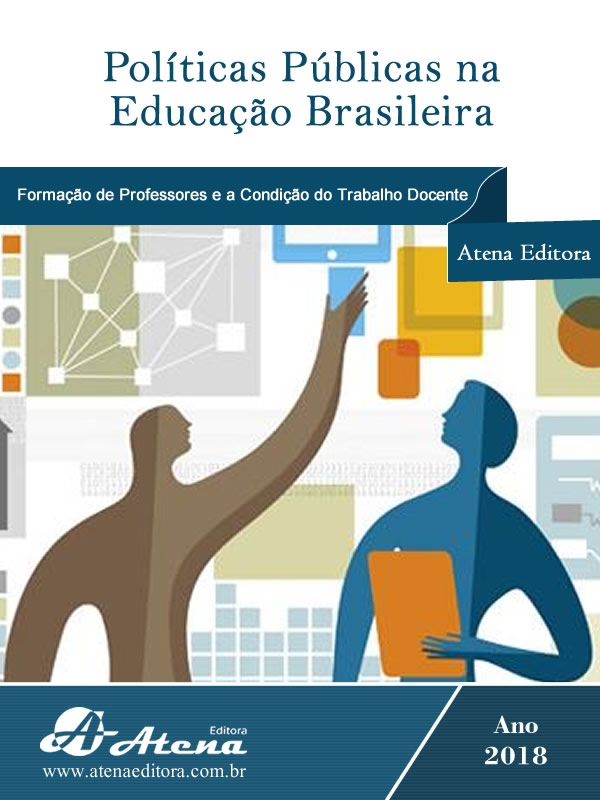
O PROFESSOR-INSTRUTOR
O objetivo deste estudo é apresentar o corpo docente da Escola Naval, em
especial os militares da reserva que exercem “Tarefa por Tempo Certo” (TTC),
abrangendo seus saberes e formação docente. A abordagem desta investigação é de
cunho qualitativo, com pesquisa documental e bibliográfica, em que se buscou
estabelecer relações sobre a formação profissional do instrutor em lide e a sua
preparação para o ensino superior militar. Foi adotado como instrumento de coleta
de dados um questionário enviado a todos os 38 docentes da instituição, sujeitos
deste estudo. O TTC é uma medida administrativa, temporária, cujo escopo principal
é garantir a composição da força de trabalho de interesse à Marinha do Brasil, com
prioridade para a área de ensino. A contratação obedecerá, obrigatoriamente, ao
regime de quarenta horas de trabalho semanais. As respostas obtidas e analisadas
dos docentes respondentes mostram que eles associam a sua experiência
profissional com a prática que está sendo adquirida em sala de aula, alinhado com
a experiência advinda da relação com os demais docentes, independente se do
magistério superior ou mesmo dos seus pares. O ser instrutor no ensino superior
militar também se alinha com o ser professor, quando ambos, especialmente em
início de carreira, não estão preparados no seu todo profissional. Ao final deste
estudo, constatou-se que ser instrutor ou ser professor é apenas uma questão de
semântica, pois o ensino e a aprendizagem são prioridades desses professoresinstrutores,
sem se descuidarem da formação militar e dos aspectos práticos
profissionais.
O PROFESSOR-INSTRUTOR
-
DOI: Atena
-
Palavras-chave: Ensino superior militar; Escola Naval; Professor-instrutor; Tarefa por tempo certo; Trabalho docente.
-
Keywords: Military higher education; Brazilian Naval Academy; Professor-instructor; Time-Constrained Tasks; Teaching work.
-
Abstract:
The purpose of this study is to introduce the Brazilian Naval Academy
teaching staff, particularly those military reserve members performing “Time-
Constrained Tasks” (aka TTC) with their knowledge and educational training. This
research is qualitative by nature, including documental and bibliographical research,
seeking links between the instructor’s professional education and their preparation
for teaching at higher-level military education. The instrument adopted to gather data
was a questionnaire, sent to all 38 teachers at the institution, the subjects in this
study. TTC is a temporary administrative action, whose major intent is to ensure the
availability of a workforce to serve the Brazilian Navy, its priority being the education
area. Labor agreements shall always cover forty work hours per week. The answers
received from the responding teachers, upon analyzed, showed that they connect
their professional experience with the practice being accrued in classrooms, in line
with the experience arising from the relationship with the other teachers, regardless
of whether in teaching at universities or from their peers. Being an instructor at higher
military education is also aligned with being a professor when both, particularly at the
outset of their careers, are not professionally prepared. At the end of this study, it
was ascertained that being either an instructor or a professor is merely a semantics
issue, since education and apprenticeship are both priorities for these professorsinstructors,
as they overlook neither the military education nor the professional
practical issues.
-
Número de páginas: 15
- Hercules Guimarães Honorato


